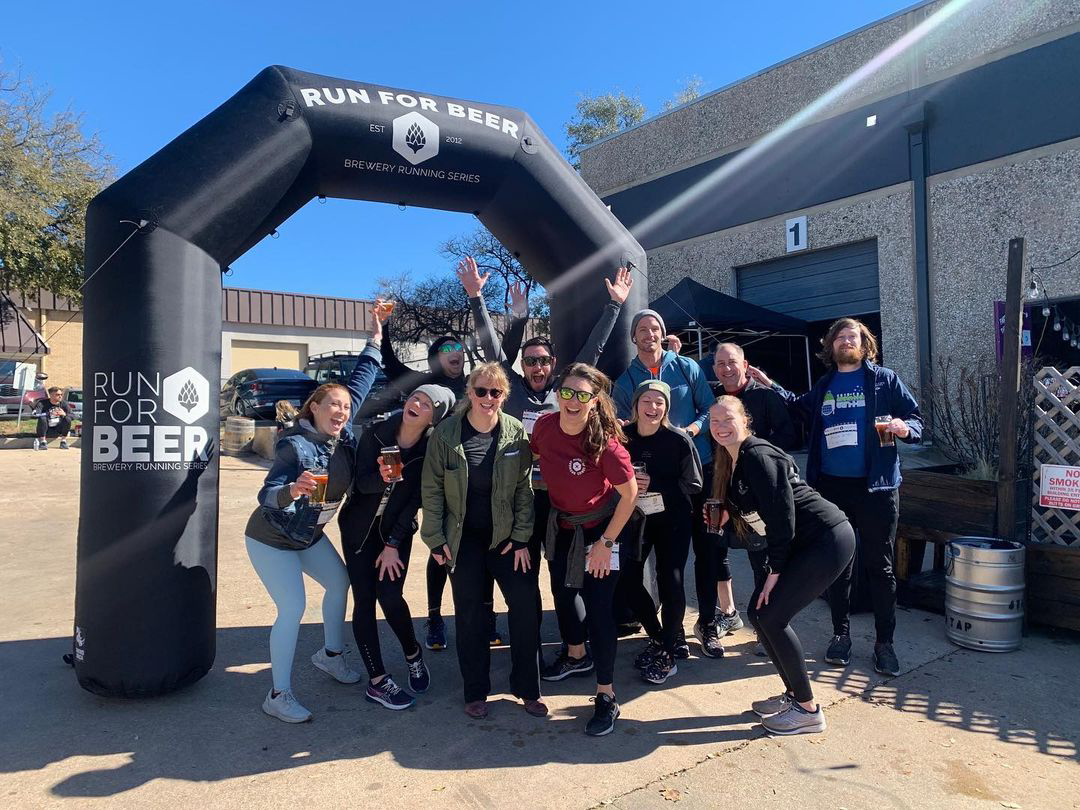For some people, alcohol has a huge physiological impact on them.
But few athletes are seen to take a glass of ice beer and pour it down to cool down when they are sweating.
The study found that drinks with an alcohol content of more than 4% would slow the recovery from dehydration (this phenomenon was not observed in drinks with thinner alcohol concentration)..
Previous studies sometimes used alcohol as an enhancer, which may improve exercise performance for some people.
As a runner, do you drink alcohol in your daily life? Are there many people who think that one cup or two is OK? What about the top athletes? Do they drink? Will you drink a lot? The influence of alcohol on sports performance has always been controversial.
Many athletes and fans drink alcohol, but we can’t be 100% sure of the impact of alcohol on sports performance.
An article in the International Journal of obesity in 2008 came to a less “satisfactory” conclusion: “Whether alcohol will affect the training effect and sports performance is still controversial.
Which one is reliable? Generally speaking, people believe that alcohol will reduce exercise performance through metabolism, recovery and neuromuscular effects.
A review article published in the Journal currentsportsmedicinereports in 2006 pointed out that alcohol can inhibit glycogen synthesis in skeletal muscle and liver.
Moreover, a 2003 study found that a small amount of alcohol intake can actually increase testosterone secretion.

For others, the impact is relatively small.
A small amount of social drinking may not have any effect at all (if it can reduce stress, it may even be beneficial).
However, the experience of some athletes who like to drink a little wine shows that there may be some aspects that this study does not consider, such as aspects related to digestion, as well as pain and Anxiety Psychology.
According to a study published in the Journal of Applied Physiology in 1997, alcohol can make you want to go to the bathroom all night by inhibiting the antidiuretic hormone of the pituitary gland.

For example, a study published in the Journal of alcohol and alcoholism in 2009 found that even a small amount of alcohol intake can lead to a significant decline in cycling performance.
People believe that although alcohol can help reduce pain and anxiety, it will still have an adverse impact on sports performance.
So it may be best not to take alcohol before or during training.
Many studies have shown that drinking alcohol can reduce the secretion of testosterone, melatonin, serotonin and growth hormone, and increase the stress hormone cortisol.
The impact of alcohol on sports performance depends on the type and dose of alcohol, acute and chronic intake, the speed of alcohol elimination, and the type of exercise.” We have seen professional athletes drink beer after high-intensity training.

The absorption of other nutrients may also be affected, but there is no definite conclusion here.
However, this is a very complex process, far more complex than this simple conclusion.

Subsequent studies have also supported this argument.
However, it is difficult to separate these effects and study them with scientific control variable method.
However, relevant studies are usually carried out on rats or cultured cells, and the amount of alcohol is very large (in one study, its intake is equivalent to that of normal people drinking 24 glasses of alcohol).
There are various contradictory scientific and folk theories.
In other words, alcohol may make you feel good temporarily, but it may have an inhibitory effect in the long run.

Tip: don’t drink because of some uncertain conclusions, otherwise you may not see the end of the article.
A study published in the Journal plosone in 2014 found that even if you ingest enough protein while drinking, protein synthesis during recovery after training will be disturbed, which will affect muscle recovery.
Due to various physiological and psychological factors, alcohol seems to have different effects on different people.
On the eve of the competition, some athletes will drink some wine to relax.
Alcohol may also affect protein synthesis by affecting insulin growth factor-I and insulin.
However, a 1982 opinion paper of the American College of sports medicine raised questions about the rationality of this argument, and a study published in the British Journal of sports medicine in 1986 found that drinking alcohol would reduce the running performance of events over 100 meters.
The authors pointed out that this process may be due to the indirect effect of replacing carbohydrates with alcohol, not just alcohol consumption.
The most substantial effect of alcohol may be its effect on the hormonal system.
A review study published in the Journal of sports medicine in 2014 pointed out that alcohol can inhibit the inflammatory process, which is the key to recovery and adaptation from intense exercise.
So let’s take a closer look and see what needs special attention.
So if you eat enough carbohydrates, alcohol may not affect glycogen storage (although calorie gain may affect weight).
The most interesting thing is that the individual differences of riders are very obvious.
This finding was also supported by a 2003 study in the Journal of Applied Physiology, which focused on cyclists.
But this problem is actually very complicated.
The time and amount of alcohol intake are very important.
On the other hand, as stated in the review article published in nature in 2015, drinking a small amount of alcohol is beneficial to cardiovascular health and can even reduce premature mortality, although the accuracy of this association is still controversial.


